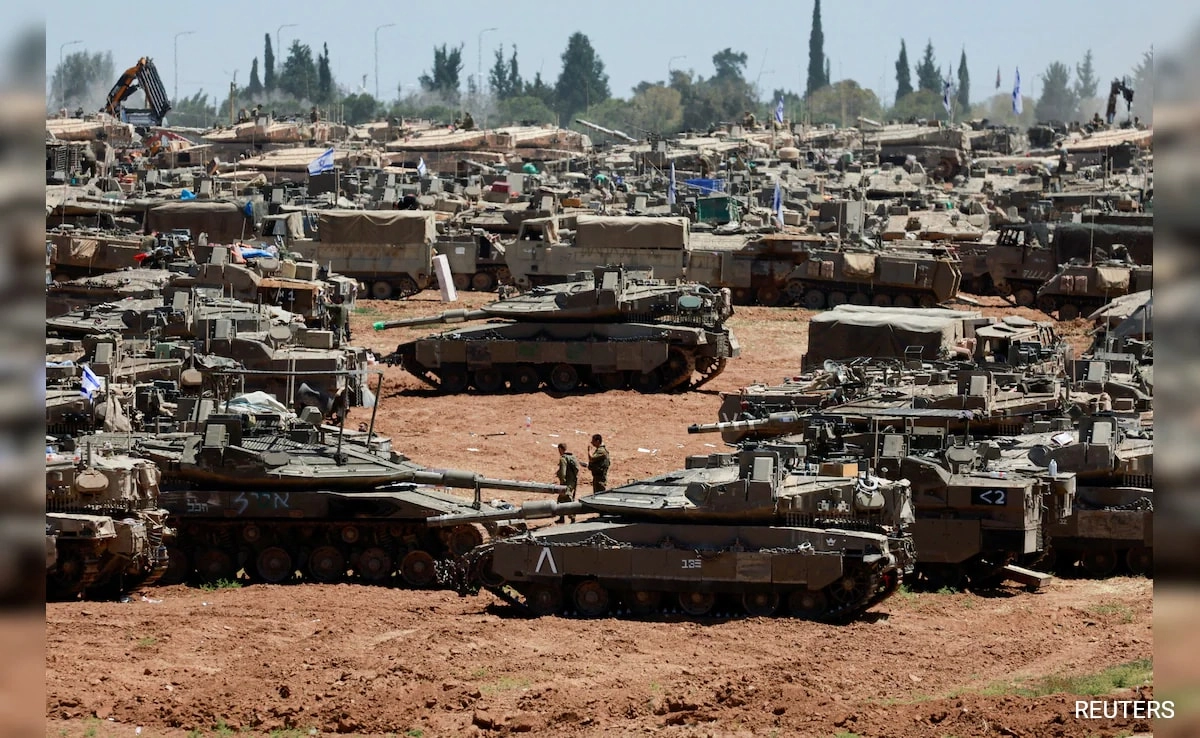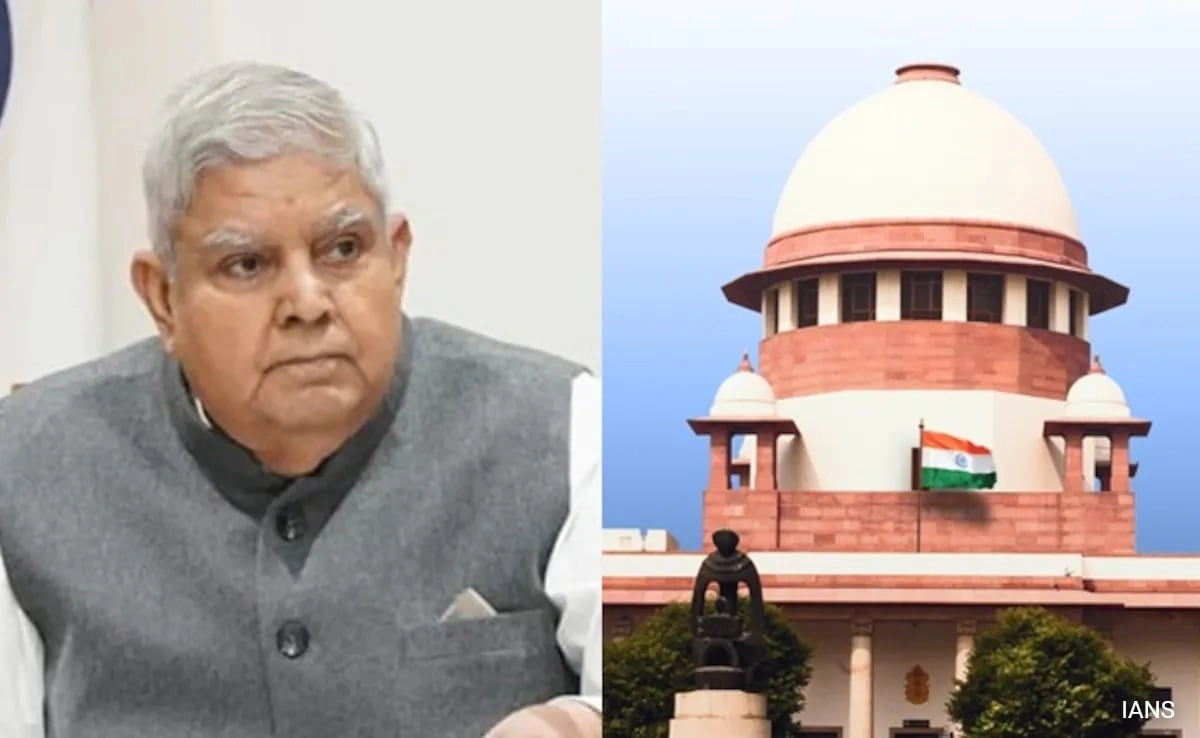Israel is reportedly mobilizing approximately 130,000 soldiers as part of a strategic preparation for a planned military operation in Gaza. This significant troop buildup indicates a serious escalation in the ongoing conflict between Israel and Palestinian factions, particularly Hamas. The decision to amass such a considerable number of troops reflects Israel’s intention to assert military dominance in the region and respond decisively to perceived threats from Gaza.
The context of this mobilization can be traced back to a series of escalating tensions, marked by exchanges of fire, rocket attacks, and violent confrontations. In recent months, the situation has deteriorated, leading Israel to consider a more aggressive military stance. Analysts suggest that the planned operation may aim not only to neutralize immediate threats but also to establish a long-term strategy for stability in the region. However, the potential consequences of such an operation could be severe, exacerbating the humanitarian crisis in Gaza and leading to civilian casualties.
International reactions to Israel’s preparations have been mixed. While some nations express support for Israel’s right to defend itself against attacks from Gaza, others raise concerns about the humanitarian implications of a large-scale military offensive. The international community is closely monitoring the situation, with calls for restraint and dialogue to prevent further escalation. The humanitarian conditions in Gaza, already precarious, could deteriorate further if a military operation occurs, prompting urgent discussions about aid and support for the civilian population.
As Israel gears up for this planned attack, the situation remains fluid, with the potential for rapid changes in the dynamics of the conflict. The mobilization of 130,000 soldiers signals a significant commitment to military engagement, but it also raises questions about the future of Israeli-Palestinian relations and the prospects for peace in the region. As both sides brace for potential conflict, the world watches closely, hoping for a resolution that prioritizes peace and stability over further violence.




